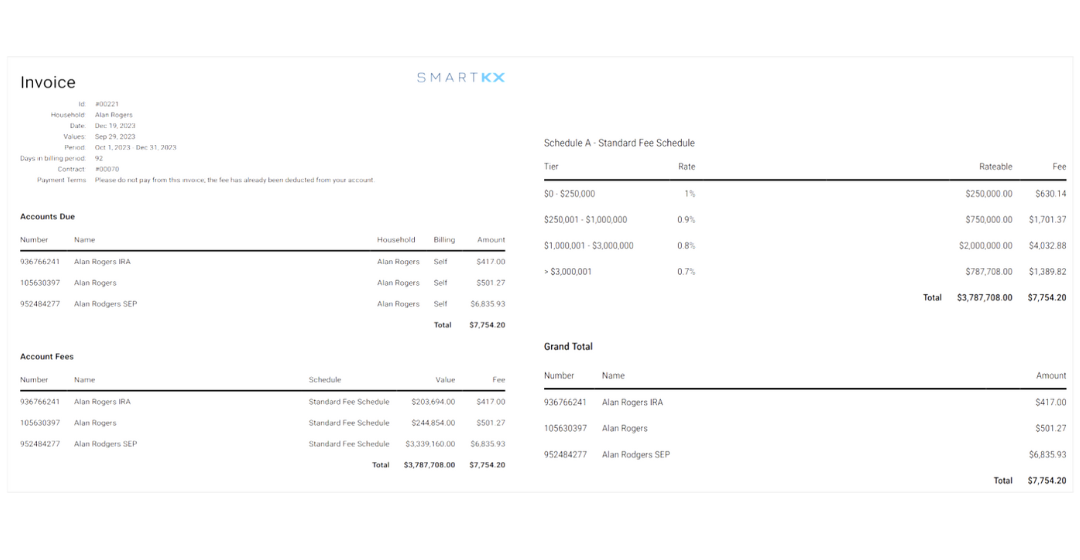Navigating RIA Compliance Requirements: Essential Tactics for 2024

As a Registered Investment Advisor, you understand how critical compliance with financial regulations is. Not only is it a legal requirement, but it’s also a fundamental aspect of fostering client trust. You have to navigate the intricate maze of federal regulations, which include SEC Rule 206(4)-7, mandating written standard operating procedures, as well as various sections of the Advisers Act that emphasize the importance of maintaining accurate records and advocating for your clients’ best interests.
In addition to federal regulations, state-specific statutes add further layers of complexity concerning fee invoicing and disclosures. For instance, in Florida, RIAs must adhere to specific guidelines about fee disclosures and invoicing.
Why RIAs Must Stay Informed About Compliance Regulations
Understanding compliance pitfalls isn’t simply a task for Registered Investment Advisors (RIAs); it’s a necessity. The main reason is that it helps to promote their credibility and trustworthiness to clients. Observing regulatory compliance goes beyond merely following set rules; it’s a demonstration of commitment to clear ethical standards and transparency, powerful tools for developing and maintaining client relationships. In fact, compliance failures have caused irreversible damage to the reputation of over 50% of RIAs.
Another reason why understanding compliance pitfalls is crucial for RIAs is to avoid regulatory penalties and sanctions. Non-compliance can result in hefty fines, loss of license, or even, in some cases, criminal charges. A significant 83% of RIAs have faced compliance problems in the past year. This underlines the need for awareness of common complications, allowing RIAs to always meet regulatory requirements.
Enforcement cases often reveal good examples of non-compliance, such as fee miscalculations, deceptive disclosures, and lack of uniform policies. Recently, a small investment firm faced complications due to inaccurate fee computations in margin accounts and inadequate documentation. These lapses led to serious consequences, including hiring a Chief Compliance Officer (CCO), implementing staff training, and providing client restitution.
Lastly, understanding compliance pitfalls is integral for RIAs to ensure the smooth operation of their business. Compliance problems can lead to operational disruptions, negatively impacting client service and overall business performance. By identifying and addressing these pitfalls, RIAs can minimize disruptions and maintain a high level of service.
Essential Best Practices for RIAs to Stay Compliant
The following strategies will help RIAs avoid regulatory breaches and maintain client trust:
1. Conducting regular compliance reviews
Ensure your advisory methods agree with current regulations and the policies you’ve set by conducting regular compliance checks. Such reviews involve closely monitoring how you calculate fees, the terms of your client agreements, and your disclosure practices to catch and correct potential discrepancies or violations.
2. Document, document, document!
Maintain clear and well-documented policies and operational procedures, including detailed processes for fee calculation and client communication, to ensure transparency and adherence to agreed terms.
3. Create transparency in invoices
Ensure clarity in your invoices by detailing the total worth of the portfolio and the timeframe the fees apply to. Include the exact formula used for the fee’s calculation, along with a comprehensive list of accounts considered for computation. Also, clearly specify which account has incurred the charge. A sample of a clear invoice can be seen below. 
4. Adopting technology solutions
Adopting automated solutions such as Smart Kx for fee calculations and client agreements can significantly reduce human error and ensure compliance. Remember that although automation can streamline your operations, it’s important to consistently monitor these systems as part of your compliance routine.
Expanding Your Compliance Knowledge Base
The rules and regulations that RIAs must follow are continuously evolving, making it important to keep learning and adapting. It’s vital for RIAs to stay current with regulatory changes, which can be achieved through regular immersion in industry news and continuous learning opportunities. Our on-demand webinar, led by compliance experts Lacey Shrum and Lisa M. Marsden, delves into essential compliance tactics and common mistakes, enabling RIAs to better navigate the regulatory landscape. This knowledge can help avoid costly fines and penalties associated with non-compliance.
Gain valuable insights into compliance pitfalls – watch our on-demand webinar!
Is Slow Client Onboarding Slowing Your Firm's Growth?
With Smart Kx, turn Prospects into Clients Faster than Ever